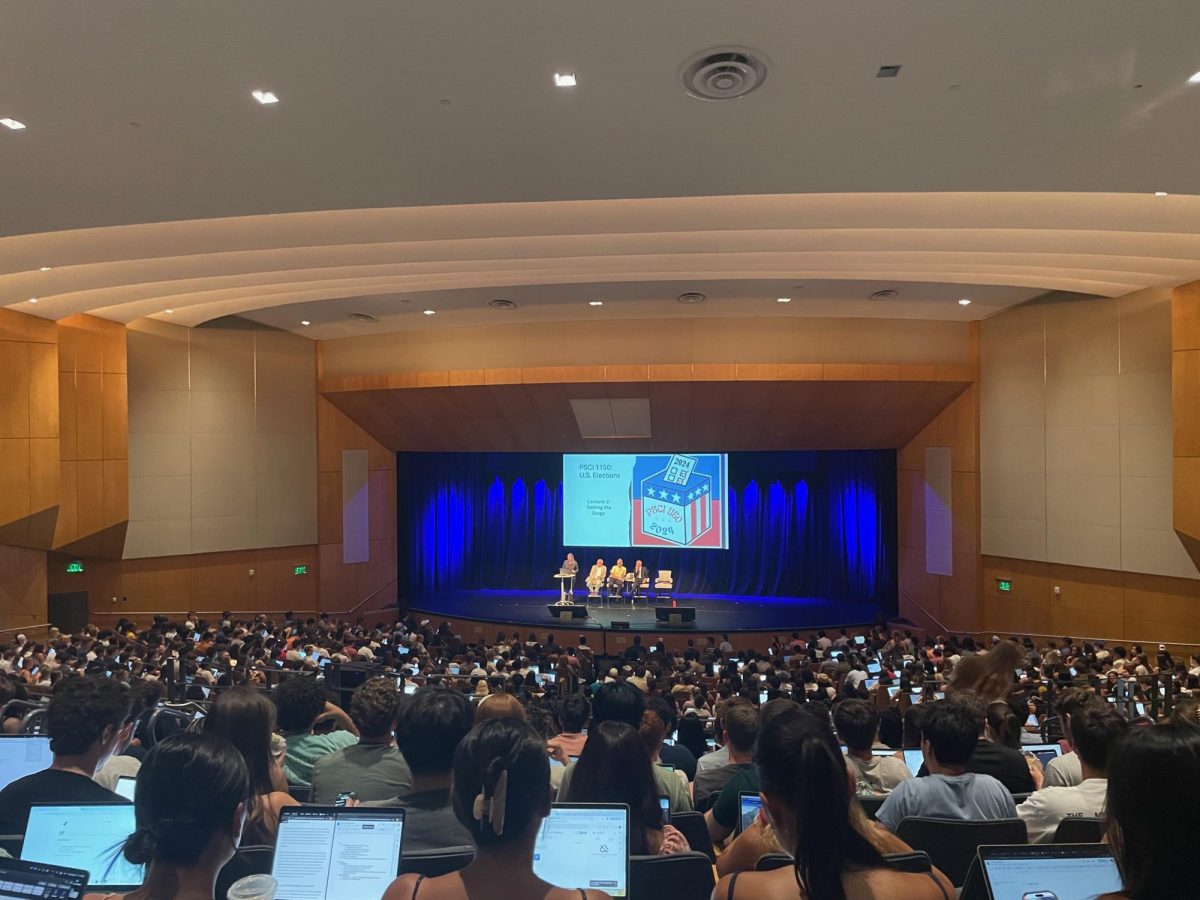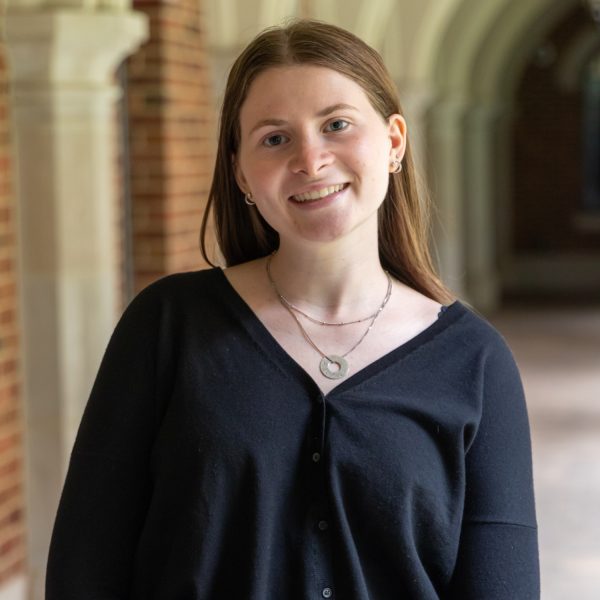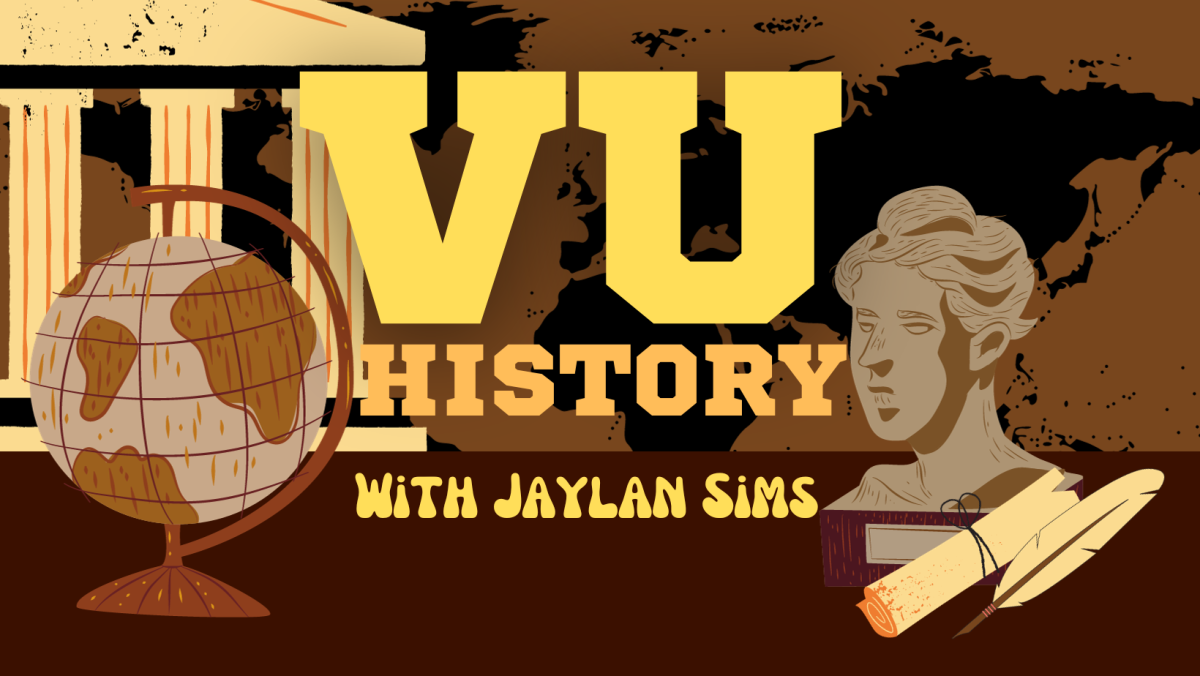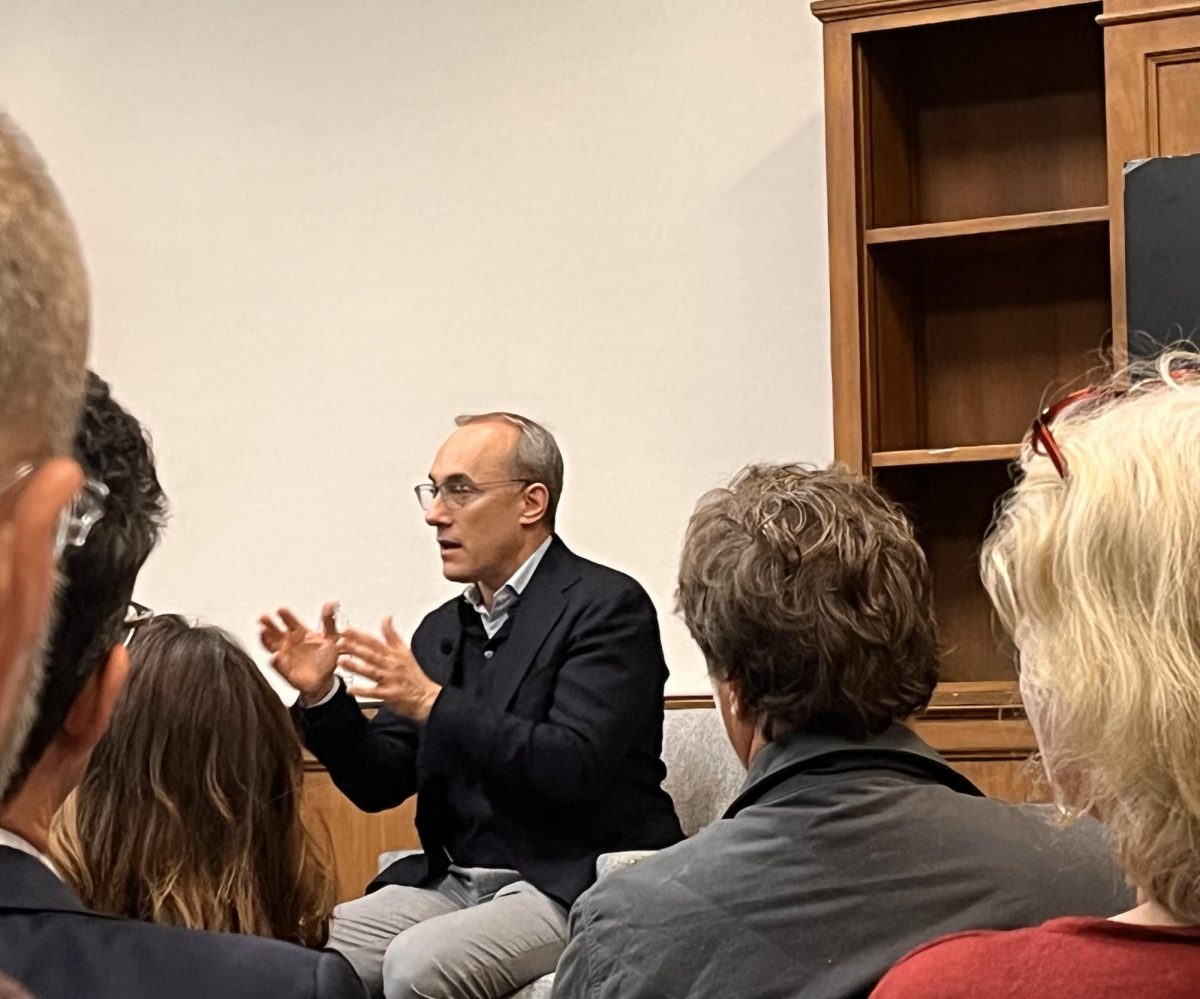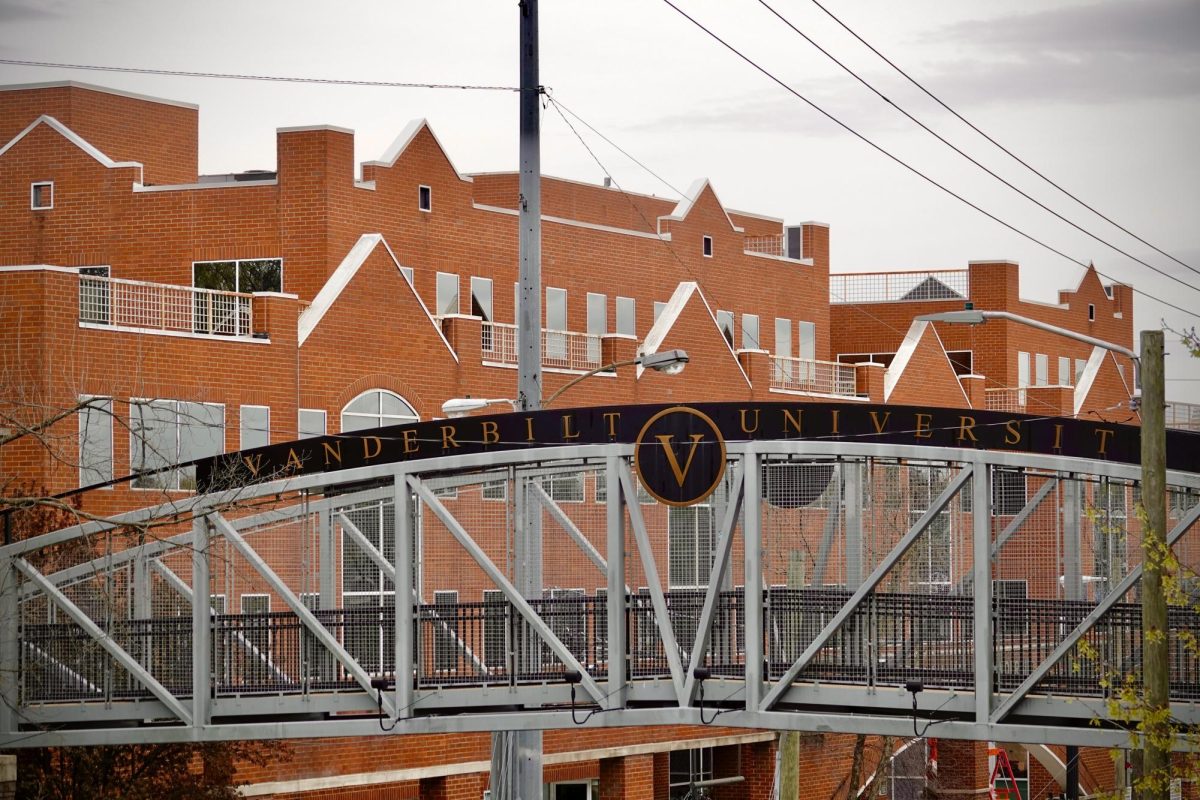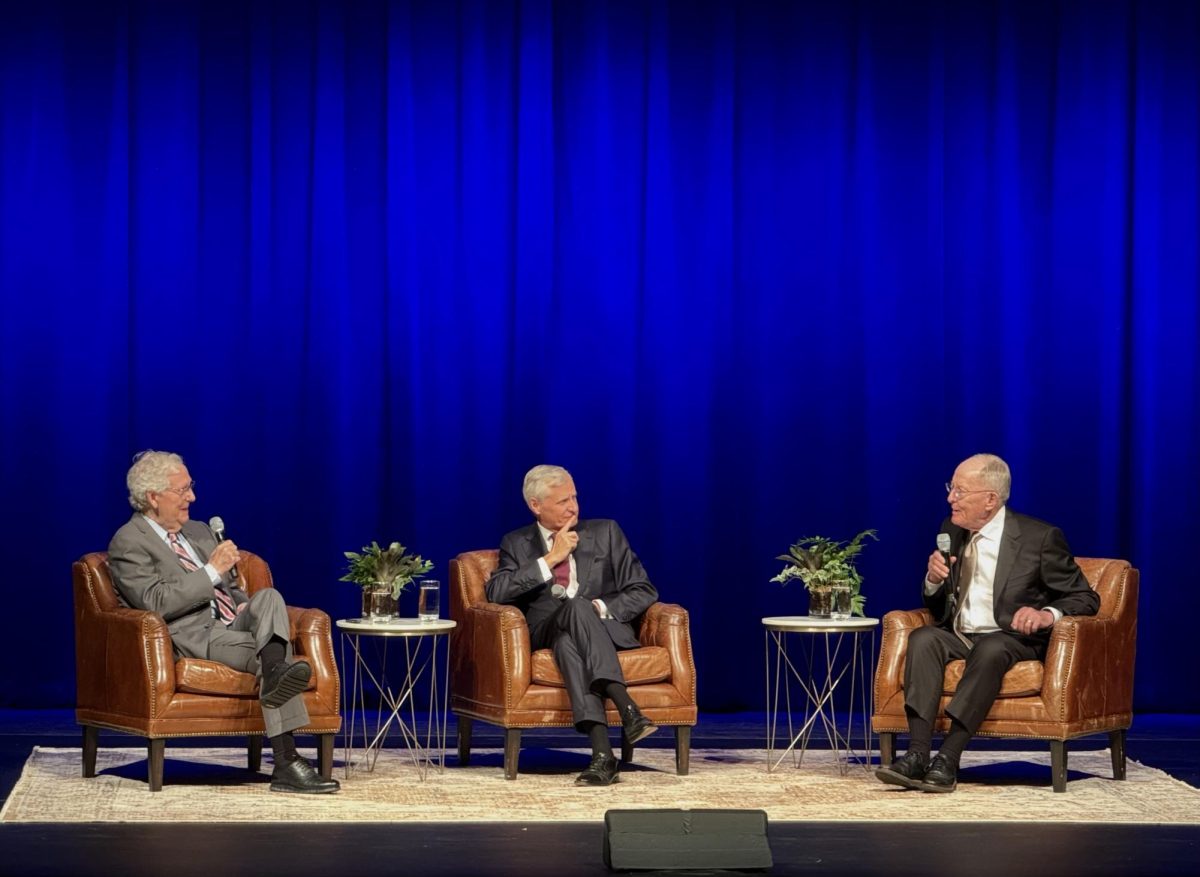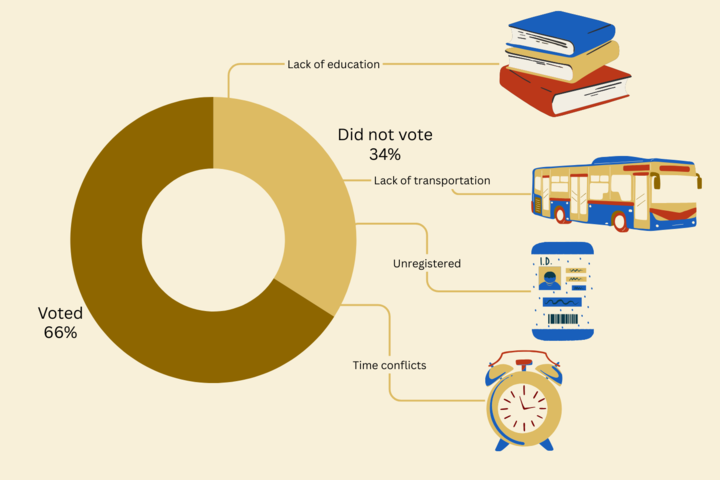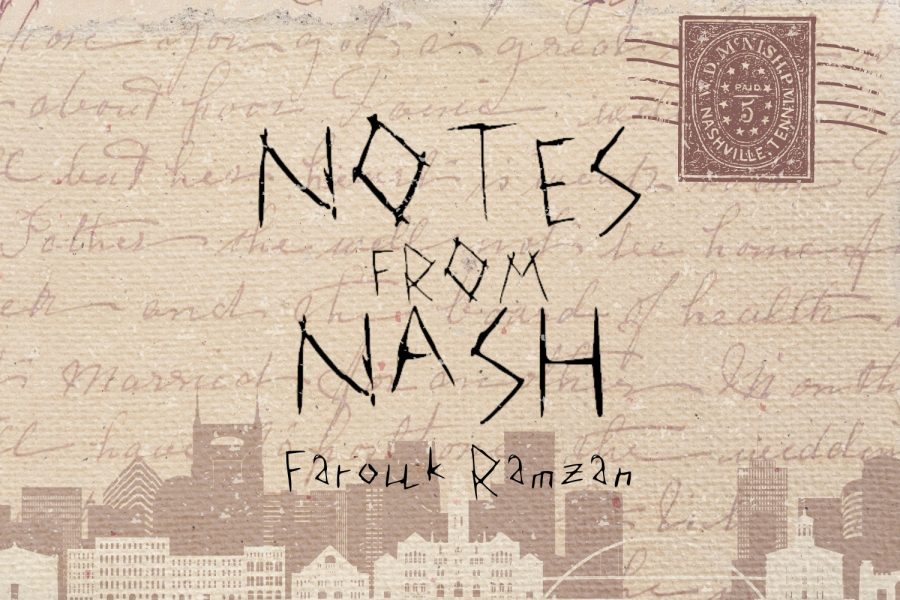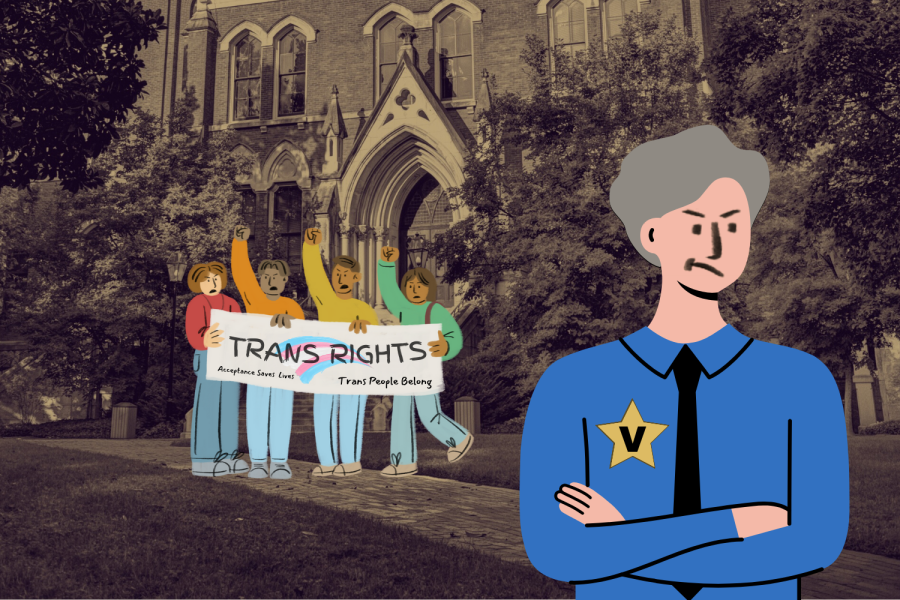Vanderbilt’s Political Science Department is once again offering its “U.S. Elections” class this semester. The class, listed as PSCI 1150, is administered once every four years in the fall semester during a U.S. presidential election and is currently taught by four of Vanderbilt’s professors of political science — Josh Clinton, John Geer, Nicole Hemmer and Jon Meacham.
According to the class website, U.S. Elections is “the largest elective class in Vanderbilt’s history,” with 1,100 students enrolled. The class has an Instagram account with close to 1,000 followers, an affiliated website, a blog and 11 graduate and undergraduate learning assistants.
Geer has taught the class since it began in 1996, and he specializes in presidential politics and elections. In 2008, Clinton joined as a professor of the class, bringing his knowledge of polling with him, and Meacham began teaching during the 2016 class, adding his personal accounts from his close relationships with many U.S. presidents. Hemmer — in her second year of teaching at Vanderbilt — was added to the team for her specialization in the history of conservative movements.
Class beginnings
The first U.S. Elections class in 1996 was created by Geer and now-retired Professor Bruce Oppenheimer. Geer said the administration was initially skeptical of the course.
“They were worried that by co-teaching, we’d only be there half the time, and it was like half the work,” Geer said.
The administration eventually agreed, with the stipulation that the two professors “let the class be large.” The class was held in Wilson 103 every four years, making its way into the official course catalog and steadily expanding the number of professors.
The number of students has also increased, with Geer recalling a class size of over 200 students in 1996. In 2020, with the COVID-19 pandemic, the class was conducted via Zoom and capacity increased to 850 students, which was the largest class ever taught at the university at the time. The 2020 class featured speakers like Transportation Secretary Pete Buttigieg, former President George W. Bush and former Speaker of the House Nancy Pelosi.
Changes in 2024
When registration opened for the Fall 2024 semester in April, U.S. Elections offered just 300 spots and was set to return to its home in Wilson 103. But, on the first day of the registration period, Geer said he checked YES and saw that 180 students were already enrolled. He wrote to John Hiskey, director of undergraduate studies in the College of Arts and Science, and discovered that only half of the senior class had enrolled.
Because the class is only taught every four years, maintaining the class at Wilson 103’s limited capacity would cut out almost three classes of students, allowing just a small number of juniors and likely no sophomores or first years. The professors increased the class capacity to 1,100 students and put down a deposit to rent out Langford Auditorium, which is owned by the Vanderbilt University Medical Center.
The College of Arts and Science pays to rent out the auditorium for a four-hour block on Tuesday and Thursday afternoons for the class, but due to preexisting events at Langford, four of the U.S. Elections class times have had to be shifted to begin at 5:30 p.m. CDT to avoid conflict. The auditorium’s capacity is 1,104 seats.
Three graduate teaching assistants and eight undergraduate learning assistants were hired to assist with grading, software management, student engagement and voter registration. Learning Assistant Melanie Gerko, a junior, is in charge of the class surveys, which are sent out to students to get a sense of class opinions on partisanship, candidate electability and more. Gerko noted that because of the class size, it’s taken “a lot of work from everyone” to keep the class on track.
“It has been fascinating to see how different the views of Vanderbilt students are from both Tennessee residents and the nation as a whole,” Gerko said.
Reactions to class size
Meacham said he hopes students do not see the class as a “public event” despite the large auditorium space and the professors’ place on the stage.
“It’s still an undergraduate class, so it puts a particular burden on [the professors] to make sure that each student comes away wiser, hopefully, and better-informed than they came in,” Meacham said.
Senior Sam Boison expressed frustration with the class size, saying he feels a lack of opportunities for student input compared to other big classes he’s taken.
“The concept of elections literally revolves around opinion, so it’s hard to go about such a class without having much in-class discussion,” Boison said. “A part of me wishes there was a discussion section for that reason.”
Sophomore Vivi Loigman said that while she tends to prefer a more intimate class environment where students can ask questions and engage in meaningful conversations, there is something unique about U.S. Elections.
“Something about the fact that 1000 Vanderbilt students pile into Langford each Tuesday and Thursday to learn together about this vital and unprecedented election is very special,” Loigman said.
Guest speakers
One of the biggest draws of the U.S. Elections class is the guest speakers. On the first day of class, professors described potential class visitors as varying in level of fame and partisanship but “all with interesting perspectives and experiences.” They also emphasized that, with the limited number of extra seats available, they will not be previewing some speakers before class to prevent unregistered students from attending.
Geer told The Hustler that speakers will include an election cybersecurity expert, a CNN polling expert and a Vanderbilt alum who is now in the TN state legislature.
“We’re going to try to get a couple of prominent members of Congress,” Geer said.
Hemmer echoed Geer, adding that the professors try to think about whether a speaker is going to bring a new perspective to the class when inviting visitors. She emphasized that they try to maintain a partisan balance of speakers so that both Democratic and Republican students are excited for the people who visit.
“Bringing in people who have held elected office, which will be happening later in the semester, is a great way for students to understand the mechanisms of government from the people who do it,” Hemmer said.
Further challenges
In the first few weeks of class, technical issues emerged. The auditorium is located outside of Vanderbilt University’s Wi-Fi network, and students have had trouble connecting to the internet. In a message to The Hustler, junior Adam Ahmed expressed frustration with the slow network available at VUMC.
“I love the content of the course, but it’s hard to engage [with the class] without access to reliable Wi-Fi,” Ahmed said.
Originally, class exams were planned to take place in person, with the help of the application TopHat. TopHat was also going to be the method by which professors took attendance. However, with the Wi-Fi issues, the professors have had to find new ways to track attendance and test students. They have mostly scrapped the idea of using TopHat and are instead pivoting to at-home exams on Brightspace. Geer said that they are in discussions with VUMC about upgrading the auditorium’s Wi-Fi capabilities.
Hemmer described the professors’ approach to the ever-changing nature of the class as “rolling with the punches” and Meacham noted that the scope of the class “presents certain challenges.”
“We are being as improvisational and as fast on our feet as we can be,” Meacham said.
Despite all of the problems that have come with a class of this size, students and professors alike expressed hopeful and positive views about the class thus far. Senior Segev Berner-Kadish said he sees the immense number of students in the class as “inspiring.”
“It is encouraging to see so many of my peers pounce at the opportunity to learn from our nation’s leading experts about the function and dysfunction of our democratic institutions and hopefully see a place for themselves within them,” Berner-Kadish said.
Hemmer expressed a similar view of the class. She said she hopes students walk away from U.S. Elections with the idea that the people who make elections happen are “pretty normal, ordinary people.”
“I think what’s most exciting to me is that by demystifying elections and the people who run them, we give the students an opportunity to see themselves in the work and analysis of elections,” Hemmer said.
Meacham said that part of what is most exciting about this class — and this election — lies in how consequential it is. This is the third time Meacham is teaching the U.S. Elections class, but he told The Hustler that the 2024 election feels different.
“In 2016, the stakes became clearer in retrospect than in real-time,” Meacham said. “In 2024, the stakes are crystal clear right now.”

